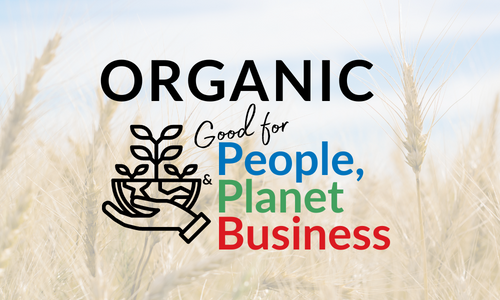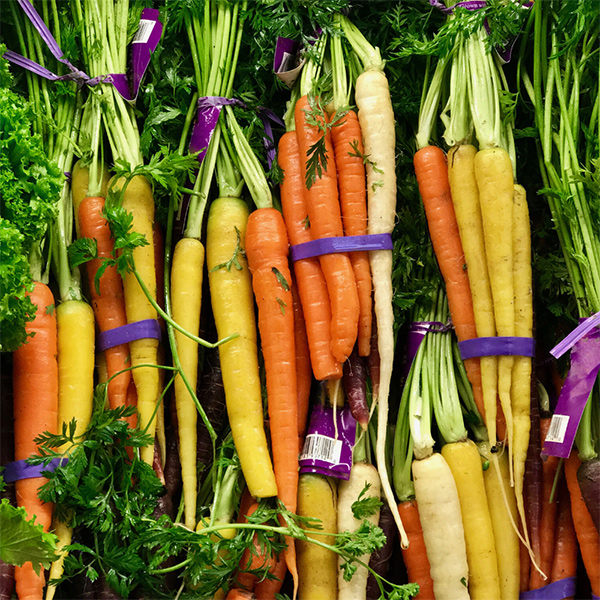Organic equivalence is a mutual recognition in the form of bilateral arrangements between key trading partners that allows for successful trade by reducing trade barriers and supports strengthening of the supply chain.
Organic equivalence recognizes two systems as comparable and verifiable, though not necessarily identical. Regarding the development of standards, equivalence acknowledges in certain instances that technical requirements will differ by jurisdiction or region. Ultimately, equivalence recognizes countries’ standards as comparable without compromising the integrity from the organic designation in both markets.
Learn about existing U.S. organic equivalence agreements:
U.S. // United Kingdom
U.S. // Taiwan
U.S. // Swiss
U.S. // Korea
U.S. // Japan
U.S. // European Union
U.S. // Canada
Equivalence in organic regulatory systems can achieve:
Expanded market access for producers and manufacturers
Establishing organic equivalence between U.S. and foreign country regulations and standards is a means to ensure greater access to overseas markets for domestic producers and processors, and mitigates new non-tariff trade barriers to importers with a reduction in unnecessary technical barriers for all.
Market growth and consistent supply
Equivalence enables a more consistent supply of organic goods, as it spans various growing conditions and seasons, as well as manufacturing bases. By ensuring consistent supply and introducing a diversity of product availability, the organic market becomes more appealing to consumers and continues to grow.
A solution to current inefficiencies and bureaucracies
FAO, IFOAM, and UNCTAD agree that equivalence between country-regulated organic programs offers a solution to the current problems of trade impediments, redundancy and inefficiencies among global organic regulations, standards and management systems.
Organic equivalence benefits:
Domestic producers
Domestic producers will benefit from simplified and streamlined certification (where they once had to pay for multiple certifications or ran parallel systems on their farms). Domestic producers will also enjoy the benefits of the overall growth in the organic market, which attracts more consumers and enhances continuity in the supply of organic products on store shelves.
Consumers
Consumers will benefit as they have access to a more affordable range of organic products, increased quantities and product diversity. Consumers will continue to have confidence in the organic integrity and government oversight of the products they buy.
Manufacturers
Manufacturers will benefit from a strengthened supply of ingredients and reductions in following now-obsolete segregation production systems (i.e. multiple production lines meeting different standards).
The domestic market
The domestic market will grow based on a facilitated supply and demand chain, and reduced regulatory inefficiencies/redundancies which will benefit producers, manufacturers, consumers and retailers. Even though equivalence opens the domestic market to imports, a competitive advantage is maintained over imported products via the increase in “product of” and “local” purchasing decisions.
Equivalence can help to address issues in the organic market including:
Global trade and market access
Currently, products exported to our trading partners without an equivalence must meet the destination market regulatory requirements for organic products. In most cases, and especially prior to an arrangement in the EU, this practice requires that organic producers meet multiple requirements and hold multiple country-specific certifications. Organic equivalence makes the domestic certification the certification of choice by guaranteeing access to the domestic and export markets.
Multiple trade requirements or barriers
The non-tariff barriers to trade under our current organic system can include: multiple certification requirements, redundant government regulations, private sector standards, import regulations, different accreditation systems, and variances between standards which deter participation in both markets.
The Organic Trade Association does not discriminate on the basis of age, disability, national origin or ancestry, race, gender, religion, sexual orientation, marital status, political affiliation or military status. Persons with disabilities who require alternate means for communication of program information can contact us at info@ota.com.










